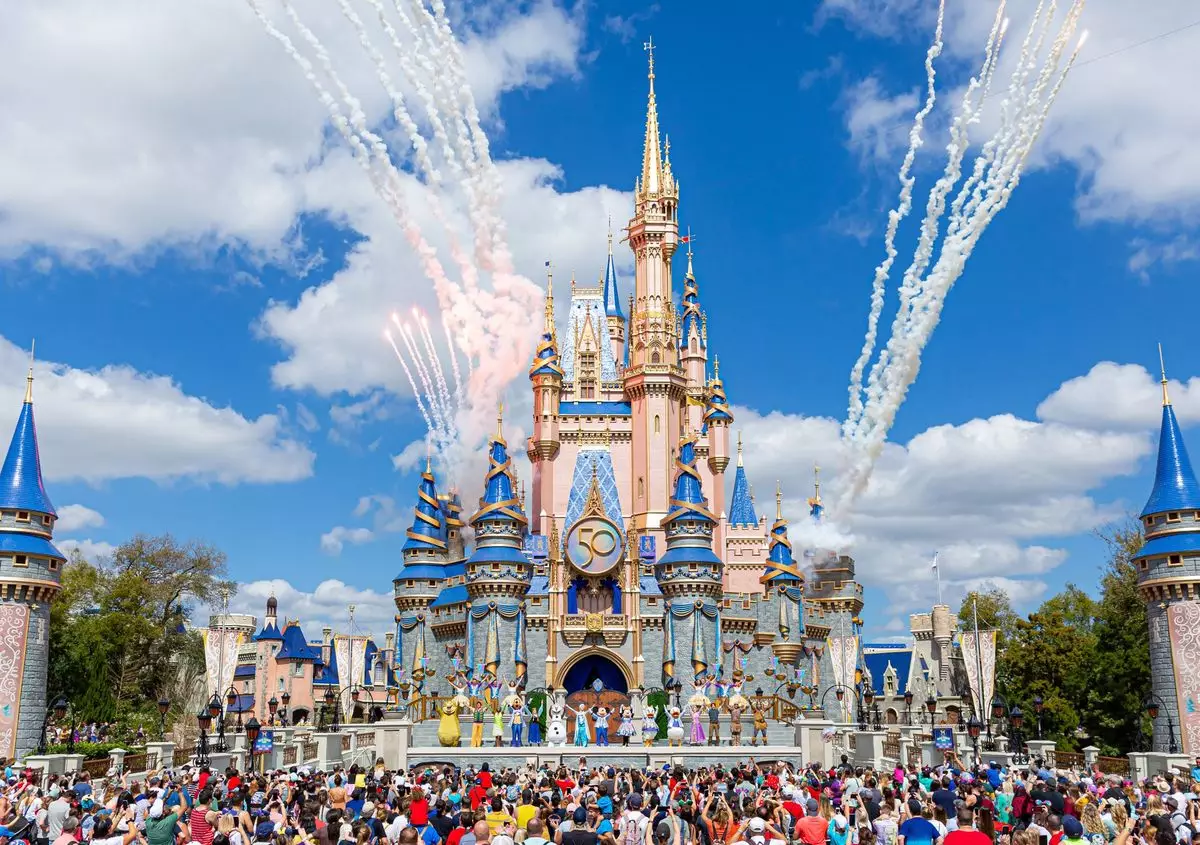Disney’s fiscal Q3 results have shown a moderation in the demand for Disney theme parks, which is a trend that the company anticipates will persist in the upcoming quarters. Despite this, there was a growth in revenue in the Disney Parks, Experiences, and Products division. Park attendance remained steady year over year, with guest spending seeing a slight increase. CFO Hugh Johnston referred to this as a “slight moderation” in demand during the earnings call on Wednesday.
In the quarter, the revenue for the parks/experiences division went up by 2%, reaching a total of $8.2 billion. While domestic park revenue surged by 3% and international park revenue by 5%, consumer products revenue experienced a decline of 5%. Operating income for parks/experiences saw a decrease of 3%, amounting to $2.3 billion. The operating income for domestic parks fell by 6%, while international parks and consumer products witnessed a growth of 2% each. The higher costs resulting from inflation and increased investment in technology and new offerings were cited as reasons for the domestic operating income decline.
Notably, guest spending has seen an uptick at Disney Cruise Line and in the theme parks. Disney has reported continued “strong demand” for the cruise line. CFO Johnston expects to see similar trends in the next few quarters, predicting that lower-income consumers may face financial stress, while higher-income consumers are likely to engage in more international travel. These shifts in consumer behavior are anticipated to persist over time.
Disney’s experiences in the fiscal year align with those of Universal parent company Comcast Corp., which recently reported a normalization of theme park attendance. This indicates a broader trend in the industry towards a shift in consumer behavior and demand for theme park experiences. As the landscape continues to evolve, companies in the entertainment and leisure sector will need to adapt to changing consumer preferences and spending patterns.
Disney’s theme parks have experienced a period of moderated demand in the latest fiscal quarter, with revenue growth offsetting some of the challenges faced in operating income. The company’s strategic focus on enhancing guest experiences and investing in technology reflects a long-term vision to remain competitive in the evolving theme park industry. By closely monitoring consumer trends and adapting to changing market dynamics, Disney is positioned to navigate the shifting landscape of theme park entertainment successfully.

